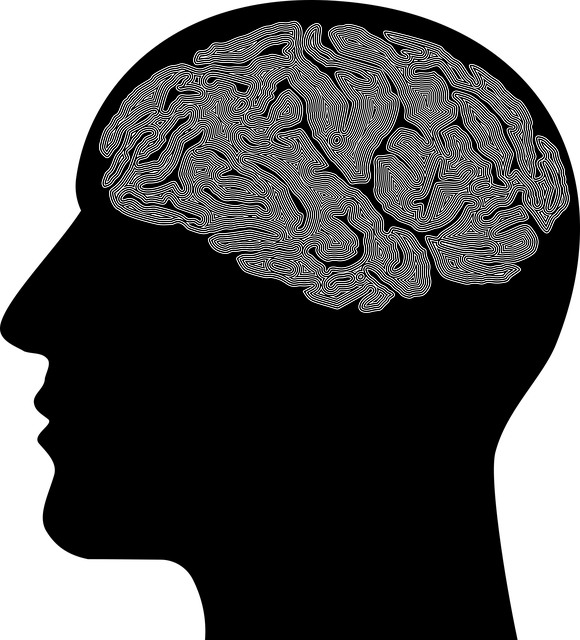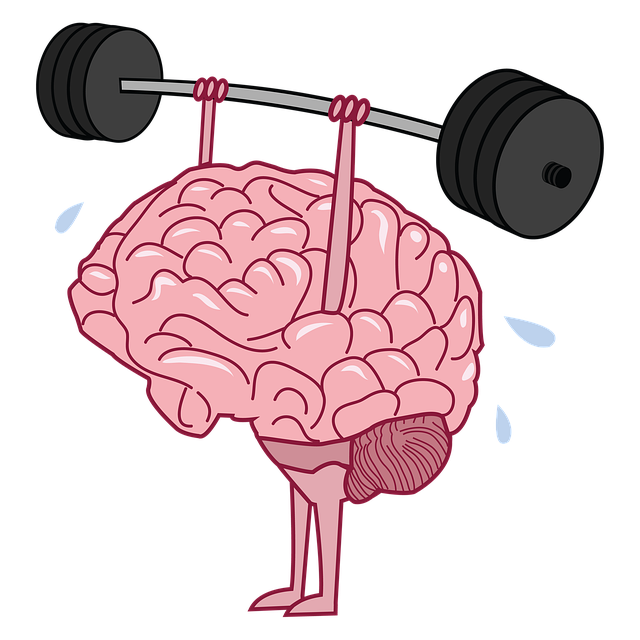Centennial Divorce Therapy offers a comprehensive approach to managing chronic stress, targeting mental health issues like anxiety, depression, and PTSD. Through self-awareness exercises, CBT, and personalized Self-Care Routines, this therapy helps individuals develop coping strategies, build resilience, and maintain emotional balance during life transitions such as divorce or relationship changes. By integrating mindfulness, gratitude, and structured routines, Centennial Divorce Therapy equips clients with tools to reduce stress levels, enhance well-being, and create a sustainable lifestyle focused on mental health and happiness.
Stress management techniques are essential for maintaining mental health in today’s fast-paced world. This article explores various strategies to combat chronic stress, focusing on the transformative power of Centennial Divorce Therapy. We delve into its role in fostering resilience and offering practical tools like Cognitive Behavioral Therapy (CBT). Understanding the impact of long-term stress, this guide provides insights for daily mitigation and building a robust defense against stress’s detrimental effects.
- Understanding Chronic Stress and Its Impact on Mental Health
- The Role of Centennial Divorce Therapy in Stress Management
- Practical Techniques for Daily Stress Mitigation
- Cognitive Behavioral Therapy (CBT): A Powerful Tool for Stress Relief
- Building Resilience: Long-term Strategies for Effective Stress Management
Understanding Chronic Stress and Its Impact on Mental Health

Chronic stress is a persistent state that can significantly impact mental health and overall well-being. It arises from prolonged exposure to demanding situations, often characterized by intense pressure and a sense of overwhelm. This continuous strain can lead to various psychological issues, including anxiety, depression, and even post-traumatic stress disorder (PTSD). The mind and body have a profound interconnectedness, so when stressed over an extended period, it can disrupt the delicate balance, resulting in burnout and mental exhaustion.
Centennial Divorce Therapy emphasizes the importance of recognizing and managing chronic stress to foster resilience and promote mental health. Self-awareness exercises play a crucial role in this process, helping individuals identify their triggers and patterns. By understanding their unique responses to stressful events, people can develop effective coping strategies tailored to their needs. This proactive approach to anxiety relief and burnout prevention is essential for maintaining a healthy mind and fostering overall emotional well-being.
The Role of Centennial Divorce Therapy in Stress Management

Centennial Divorce Therapy offers a unique and effective approach to stress management, focusing on holistic well-being. This therapeutic technique recognizes that chronic stress can stem from complex personal experiences, including divorce or significant relationship transitions. By delving into these underlying issues, it empowers individuals to develop robust coping skills and cultivate a sense of resilience. The therapy facilitates a journey of self-discovery, encouraging clients to explore and understand their emotional responses to stressful situations.
Through this process, individuals gain valuable insights into managing their mental health proactively. Centennial Divorce Therapy promotes the creation of a personalized Self-Care Routine for Better Mental Health, addressing physical, emotional, and psychological needs. Moreover, it enables professionals by providing tools for Risk Management Planning, ensuring they can navigate challenging situations with poise and maintain a healthy work-life balance.
Practical Techniques for Daily Stress Mitigation

In today’s fast-paced world, learning practical techniques for daily stress mitigation is more crucial than ever. Centennial Divorce Therapy offers a range of evidence-based strategies that can help individuals navigate life’s challenges with resilience and equanimity. Incorporating regular self-care practices, such as mindfulness meditation and deep breathing exercises, into one’s routine can significantly reduce stress levels and enhance overall well-being. These simple yet powerful tools allow folks to create a mental health policy analysis and advocacy of their own, empowering them to take control of their emotional state.
Moreover, developing a structured self-care routine involves setting aside dedicated time for activities that bring joy and relaxation. This might include engaging in physical exercise, connecting with nature, or pursuing hobbies. By prioritizing self-care practices, individuals can foster a sense of balance and equilibrium, making them better equipped to handle life’s curveballs. It’s not just about managing stress; it’s about cultivating a sustainable lifestyle that promotes mental health and overall happiness.
Cognitive Behavioral Therapy (CBT): A Powerful Tool for Stress Relief

Cognitive Behavioral Therapy (CBT) is a highly effective stress management technique that has been recognized as a game-changer in the field of mental wellness. This therapeutic approach focuses on identifying and changing negative thought patterns and behaviors, which can significantly reduce stress levels and enhance emotional intelligence. By teaching individuals to challenge and reframe their thoughts, CBT empowers them to cope with challenging situations more effectively.
In the context of a Centennial Divorce Therapy setting, CBT can be particularly valuable. During life transitions such as divorce, people often experience heightened stress due to emotional turmoil and changing circumstances. Through CBT, individuals learn communication strategies that foster resilience. By understanding their thoughts and emotions, they can navigate conversations with ex-partners or family members more constructively, promoting healthier interactions and improved mental wellness.
Building Resilience: Long-term Strategies for Effective Stress Management

Building resilience is a key component of long-term stress management, offering individuals the mental fortitude to navigate life’s challenges with greater ease. Centennial Divorce Therapy emphasizes this aspect, teaching participants how to foster a positive mindset that serves as a buffer against stressful situations. By adopting practices like cultivating gratitude and practicing mindfulness, individuals can enhance their emotional well-being promotion techniques, ensuring they remain calm and centered under pressure.
This approach aligns with the broader goal of healthcare provider cultural competency training, where professionals learn to support clients in developing effective coping mechanisms. Integrating positive thinking into daily routines becomes a powerful tool for managing stress, preventing burnout, and fostering overall resilience. Through these strategies, individuals not only cope better but also thrive in the face of life’s uncertainties.
In navigating the intricate landscape of stress management, it’s clear that a multifaceted approach is key. From recognizing the insidious nature of chronic stress and its impact on mental health, to employing evidence-based methods like Cognitive Behavioral Therapy (CBT) and Centennial Divorce Therapy, individuals now have a robust toolkit at their disposal. By integrating practical daily techniques with long-term strategies for building resilience, folks can transform their relationship with stress, fostering a symphony of well-being that resonates in today’s fast-paced world.














